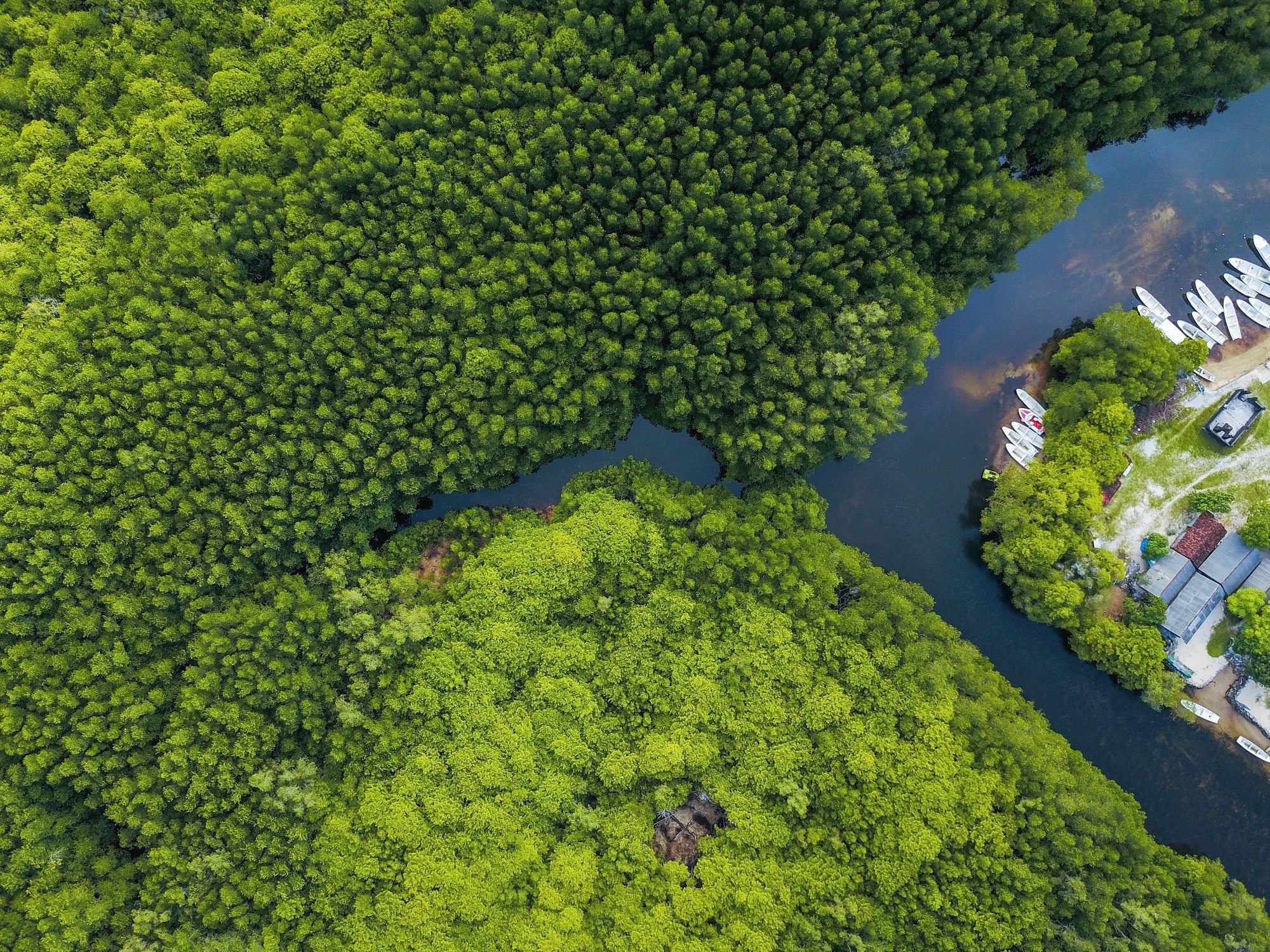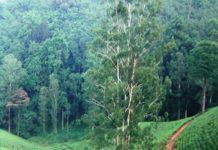Author: BERNARD LUGONGO
AfricaPress-Tanzania: MANGROVE stakeholders have embarked on a campaign to educate pupils and students about the importance of mangroves to the environment and livelihoods. The aim is to protect ecological integrity of Rufiji Delta, which has the biggest coverage of mangroves in East Africa.
The awareness campaign, which is part of the collaborating projects called ‘Mangrove Capital Africa’ and Wiosap, are implemented in schools in Kibiti District by the Wetlands International and the Institute of Marine Sciences (IMS) of the University of Dar es Salaam in partnership with other stakeholders, including the Tanzania Forest Services Agency (TFS) and the Kibiti District Council.
DOB Ecology and Global Environment Facility (GEF) through UN Environment – Nairobi Convention funds the Mangrove Capital Project and Wiosap projects respectively.
As initial steps to start educating pupils and students in Kibiti District, the Wetlands International and IMS convened a training of trainers’ workshop for teachers from different schools to build their capacity in mangroves so that they could go to educate their pupils and students and establish school mangrove clubs.
Institute of Marine Sciences of the University of Dar es Salaam senior lecturer, Dr Mwita Mangora, said since the country geared up for utilising the blue economy, there was a need to improve the protection of coastal and marine resources, including mangroves.
“When you speak of the blue economy, the mangroves play a key role. It’s the area of boosting the economy,” he emphasised.
Dr Mangora noted that the training workshop was part of building the capacity of members of the public in protecting the environment so that they could benefit from the coastal and marine resources, especially Rufiji Delta.
Estimates show that Rufiji Delta is home to at least half of all 150,000 hectares of mangroves that occur in Tanzania.
“We want to make members of the public in and around the delta protect and sustain the mangroves, while they continue with their economic activities,” Dr Mangora explained.
For his part, Wetlands International Project Officer, Napoleoan Frank said the organisation believed that educating pupils and students was to build a future generation that would care about the environment and protect the mangroves.
“When a pupil or student gets education on the importance of mangroves he or she grows while protecting the environment and help the future generation understand environmental issues that affect the socioeconomic wellbeing,” he noted.
Through Mangrove Capital Africa Project, Wetlands International has for the past two years been conducting various activities, while the Institute of Marine Sciences provids necessary scientific support to protect the mangroves in Rufiji Delta, including public awareness that involves government leaders, politicians, farmers and pastoralists on the importance of mangroves, mangrove restoration and empowering villagers to initiate alternative income generation activities to reduce dependency on mangroves as a source of their livelihoods.







